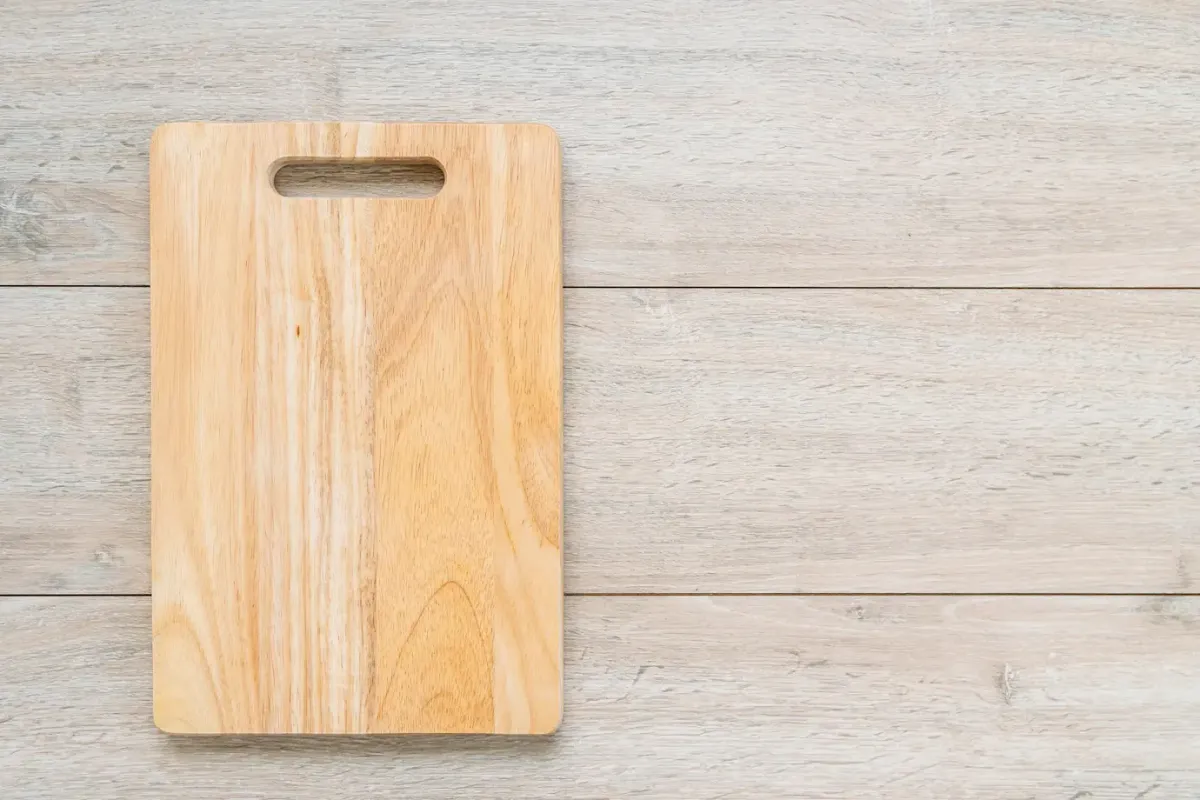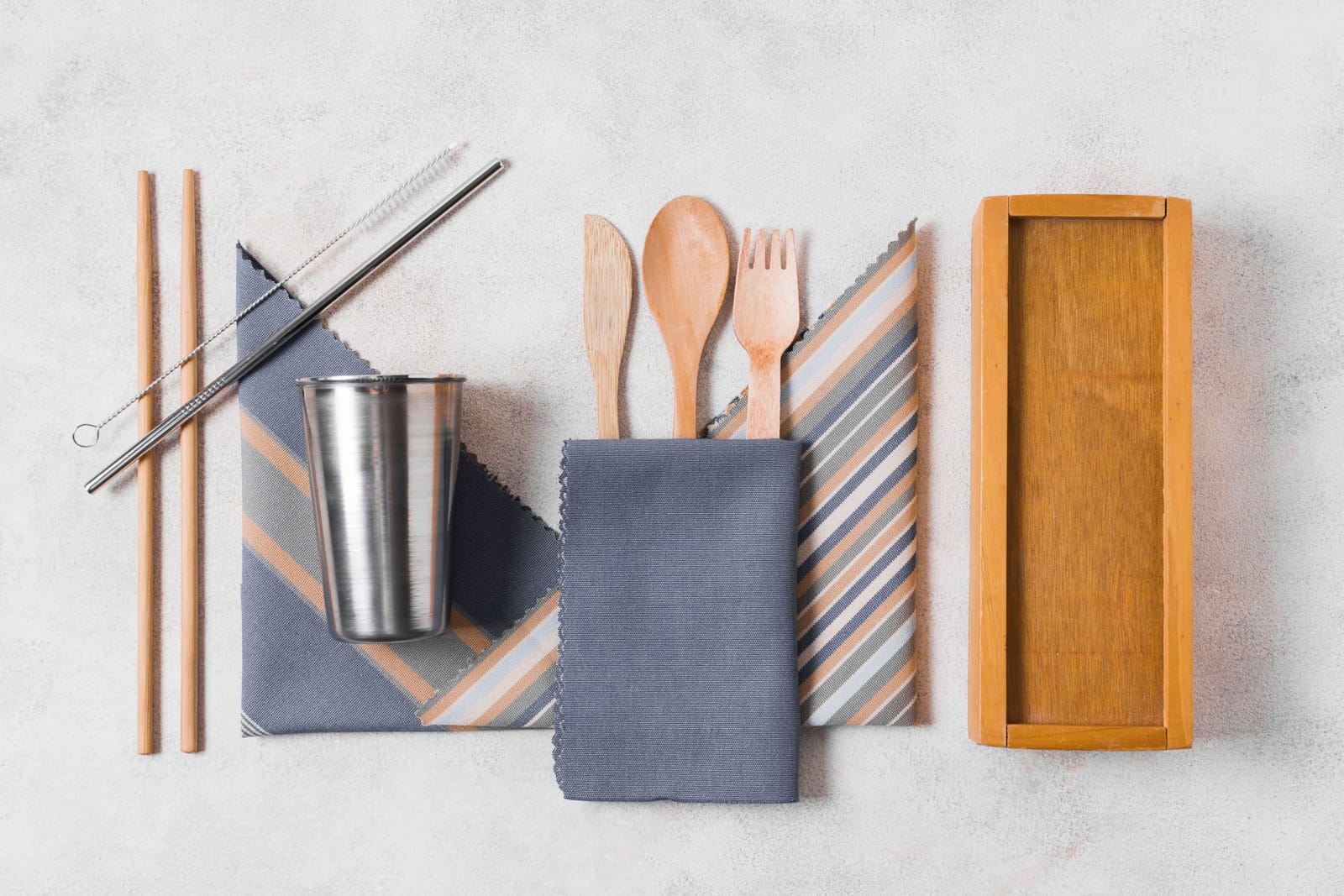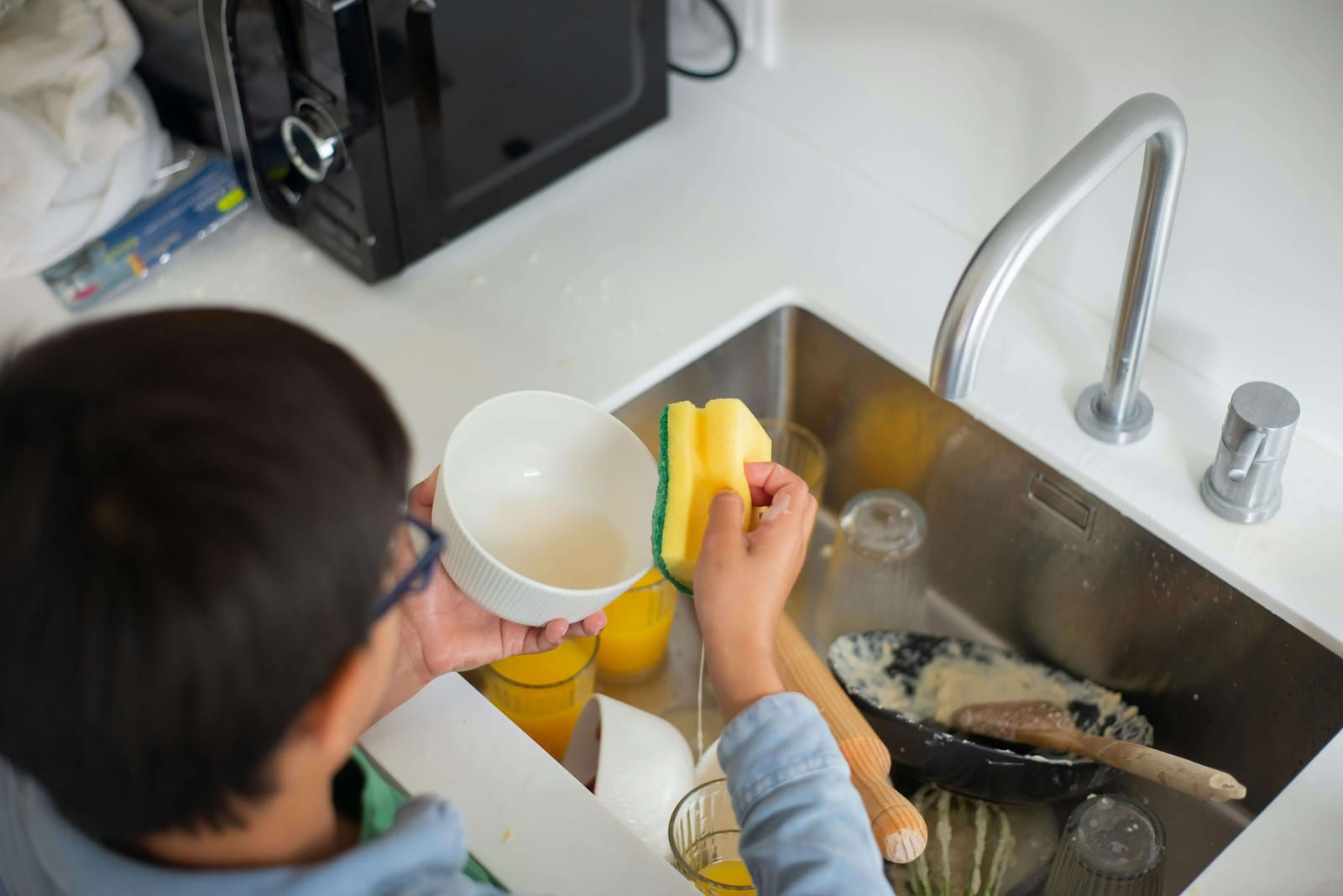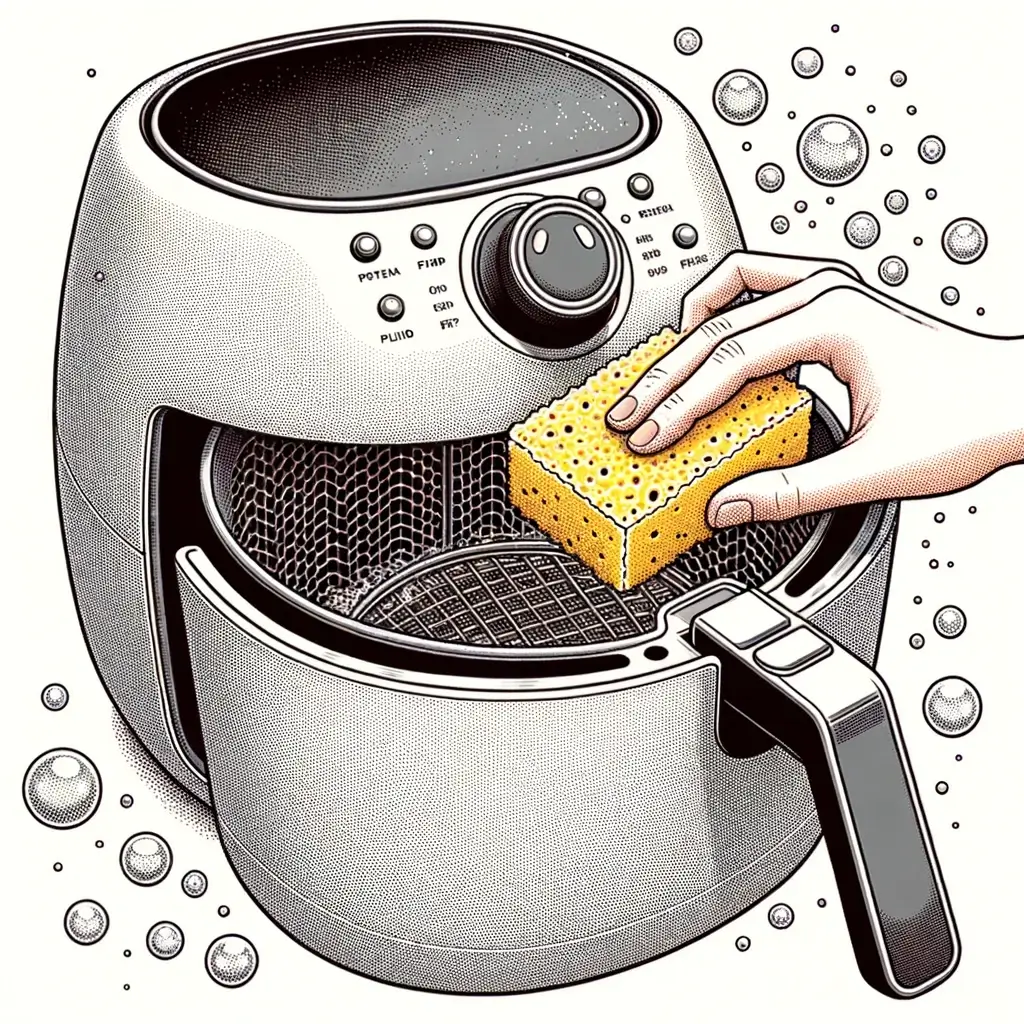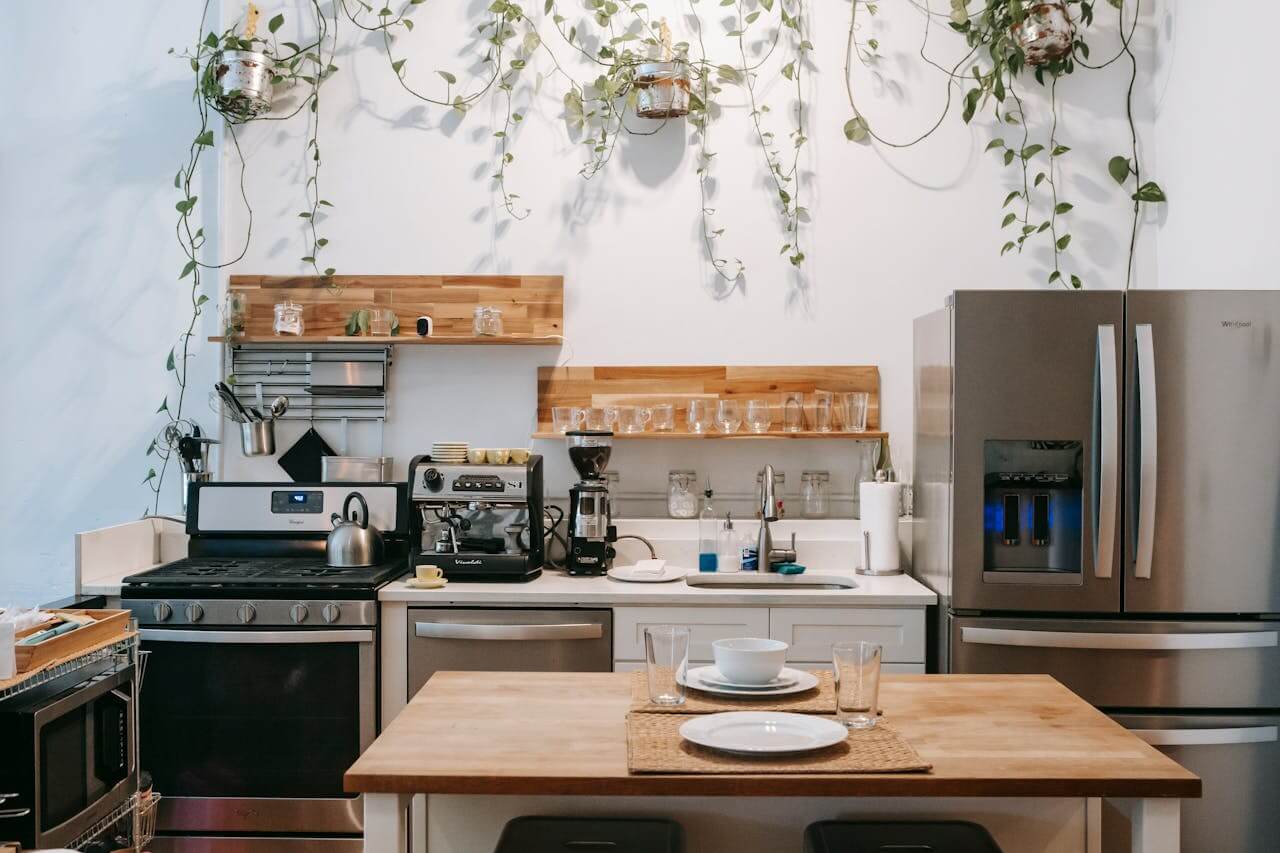In our journey to make more eco-conscious choices, every little bit helps, including the cookware we choose for our kitchens. Gone are the days when your only concern for pots and pans was if they were non-stick. Today, we're looking deeper, asking: "Is my cookware kind to the planet?"
This article shines a light on the materials that make eco-friendly cookware a smart choice, not just for our health but for Earth's wellbeing too. From the classic charm of ceramic to the rugged resilience of cast iron, let's dive into what makes these materials stand out in the eco-friendly arena.
"Small acts, when multiplied by millions of people, can transform the world." – Howard Zinn
In This Article
Ceramic

Ceramic cookware is like the Earth's gift to your kitchen. Made from natural clay that's fired in a kiln, it's as green as it gets. But what's the real scoop on ceramic? For starters, it's a champ at conducting heat evenly, which means your food cooks beautifully without hot spots. Plus, it's free from chemicals found in traditional non-stick pans, making it a safer choice for your family's meals.
But it's not just about cooking performance. Ceramic cookware is a friend to the environment, too. Since it's made from abundant natural materials, it leaves a much smaller footprint than its metal counterparts. And when it's time to say goodbye, ceramic is less harmful to the planet upon disposal. However, keep in mind that durability can be a concern, so handle with care to enjoy its benefits for years.
Cast Iron

Cast Iron is the heavyweight champion of eco-friendly cookware. It's tough, lasts practically forever, and gets better with age. When you cook with cast iron, you're using a piece of cookware that could have been passed down from your grandma's kitchen. And that's the beauty of it – its longevity means less waste, making it a solid choice for the environment.
"Buy less, choose well, make it last." – Vivienne Westwood
But there's more to cast iron than its durability. It also offers superior heat retention, making it ideal for searing, frying, and even baking. Plus, cooking with cast iron can boost your food's iron content, a nice perk for your health. Just remember, cast iron does require a bit of extra love in the form of seasoning and proper care, but it pays you back with a lifetime of reliable cooking.
Stainless Steel
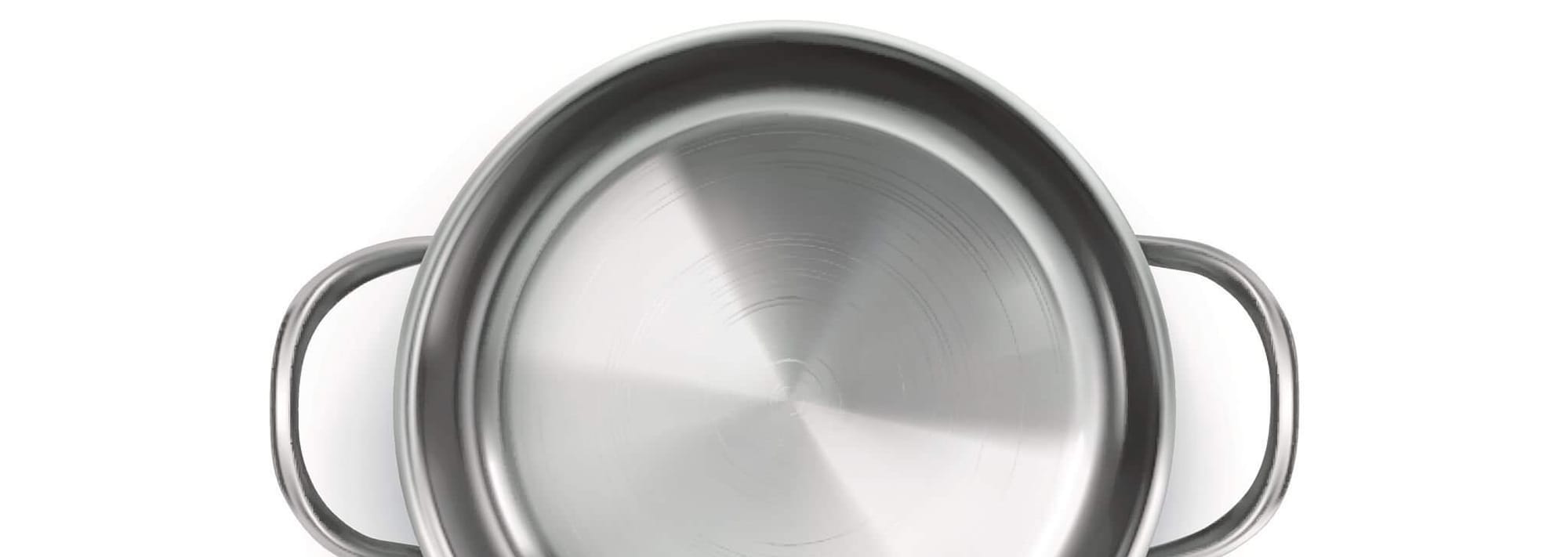
Stainless Steel cookware is the sleek, shiny warrior in the fight for eco-friendly kitchens. Known for its strength and resistance to rust and corrosion, stainless steel is a top choice for chefs and home cooks alike. But why does it earn a gold star in the eco-friendly department? First off, stainless steel is incredibly durable, meaning you won't be replacing your pots and pans every few years. This longevity reduces waste and the demand for new products.
Another plus is that stainless steel is often made with a significant amount of recycled material. Manufacturers can melt down old appliances and scrap metal, giving them a new life as your shiny new pan. This recycling process conserves resources and energy, making stainless steel a smart pick for the planet. Just a heads-up, though: to get the best out of your stainless steel cookware, you'll want to learn a few tricks to prevent sticking and ensure even cooking.
Glass

Glass cookware is like a clear window into the world of eco-friendly cooking. It's made from natural sand and, like ceramic, is completely recyclable, making it a sweetheart of sustainable kitchens. Glass is non-reactive, which means it won't leach chemicals into your food or alter the taste, ensuring that your meals are not only delicious but also safe.
One of the coolest things about glass cookware is its versatility. You can watch your food as it cooks, which is not only satisfying but helps prevent overcooking. Plus, it's a champ for storing leftovers since you can pop it straight from the fridge to the oven or microwave. And when it comes to the environment, glass's recyclability is a huge win. However, it's worth noting that glass can be fragile and requires careful handling to avoid breakage. But treat it right, and glass cookware will be a faithful companion in your eco-friendly culinary adventures.
Glass cookware boasts similar benefits to ceramic, being non-reactive and offering excellent versatility. Plus, it's completely recyclable, making it a champion for sustainable kitchens. Learn more about glass recycling at SMI: Glass Recycling and the Environment.
Bamboo

Bamboo is the eco-superstar of the kitchen world. Not just for floors or furniture, bamboo has made its way into our kitchens as a sustainable choice for utensils and cutting boards. Why all the buzz? Bamboo grows incredibly fast, making it a highly renewable resource. It doesn't require pesticides or fertilizers and needs very little water to thrive, ticking all the boxes for sustainability.
"Bamboo is not a weed, it's a flowering plant. Bamboo is a magnificent plant." – Steve Lacy
Bamboo's natural antibacterial properties make it a hygienic choice for food preparation. It's lightweight, durable, and won't scratch your pots and pans, keeping them in tip-top shape for longer. Plus, when your bamboo utensils have served their purpose, they're biodegradable, returning to the earth without a trace. Just remember, to keep your bamboo looking and performing its best, regular oiling and proper drying are key.
Recycled Materials

Recycled Materials are turning the tide in eco-friendly cookware, showing us that sustainability can come from where we least expect it. Cookware made from recycled metals, like aluminum and stainless steel, offers a second life to materials that might otherwise end up in landfills. This process significantly reduces the environmental impact associated with mining and processing new materials.
"Recycling turns things into other things. Which is like magic." – Anonymous
Choosing cookware made from recycled materials doesn't just feel good; it does good. It conserves energy and resources, reduces emissions from production processes, and supports a circular economy. While the performance of these products matches that of their non-recycled counterparts, the environmental benefits they offer make them a standout choice. Always look for products with a high percentage of recycled content and reputable sustainability certifications.
Other Sustainable Materials

Other Sustainable Materials are emerging on the eco-friendly scene, broadening our horizons and offering innovative solutions to sustainable cooking. Materials like natural stone and wood (from sustainably managed forests) are making their mark. Natural stone cookware provides excellent heat retention and distribution, while sustainably sourced wood utensils add warmth and rustic charm to any kitchen.
"Innovation is the ability to see change as an opportunity – not a threat." – Steve Jobs
Make Your Kitchen Greener, One Pan at a Time!
Every cookware choice you make has an impact on the environment. It's time to consider not just how your cookware performs but also how it contributes to a healthier planet. Start integrating eco-friendly cookware into your kitchen by choosing materials that are sustainable, durable, and less harmful to our world. From cast iron to ceramic and beyond, there are plenty of options that can help reduce your ecological footprint.
"We do not inherit the earth from our ancestors, we borrow it from our children." – Native American Proverb
- Further Reading: "Eco-Friendly Cookware Care and Maintenance" to learn how to prolong the life of cookware made from these materials.
- You Might Be Interested: "Natural Cleaning Solutions for Cookware" for tips on maintaining eco-friendly materials without harsh chemicals.
